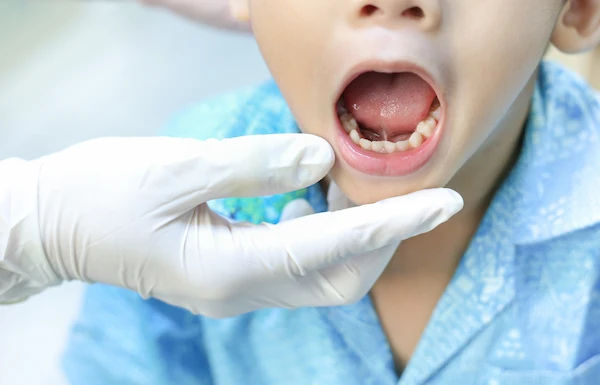- Male
- 1 Years
- 23/01/2025
Question
I'm really worried because my 18-month-old son needs his IPV and Hib vaccines, but our doctor says they're not available. It's been over two weeks since he was supposed to get them. What should I do? Is there a way to find where the vaccines might be available, or should I be concerned about the delay?
Answered by 1 Apollo Doctors
A creatinine level of 2.3 is considered high and may not be safe for angiography. High creatinine levels can indicate kidney damage or disease, which may be exacerbated by the contrast dye used in angiography .
To reduce high creatinine levels, consider the following:
- Stay hydrated: Drink plenty of water to help your kidneys function properly.
- Follow a low-protein diet: Excessive protein can put strain on your kidneys.
- Limit salt and sugar intake: Both can exacerbate kidney damage.
- Exercise regularly: Regular physical activity can help improve kidney function.
- Manage underlying conditions: If you have diabetes, high blood pressure, or other conditions that can affect kidney function, work with your doctor to manage them effectively.
Given your continuously rising creatinine levels, it's essential to consult with your doctor to determine the best course of action. They may recommend alternative tests or procedures that don't involve contrast dye.
Dr. Chandra Suggests...
Consult a Paediatrician
Answered 04/07/2025
0
0
More Paediatrics Health Queries
View allDisclaimer: Answers on Apollo 247 are not intended to replace your doctor advice. Always seek help of a professional doctor in case of an medical emergency or ailment.





